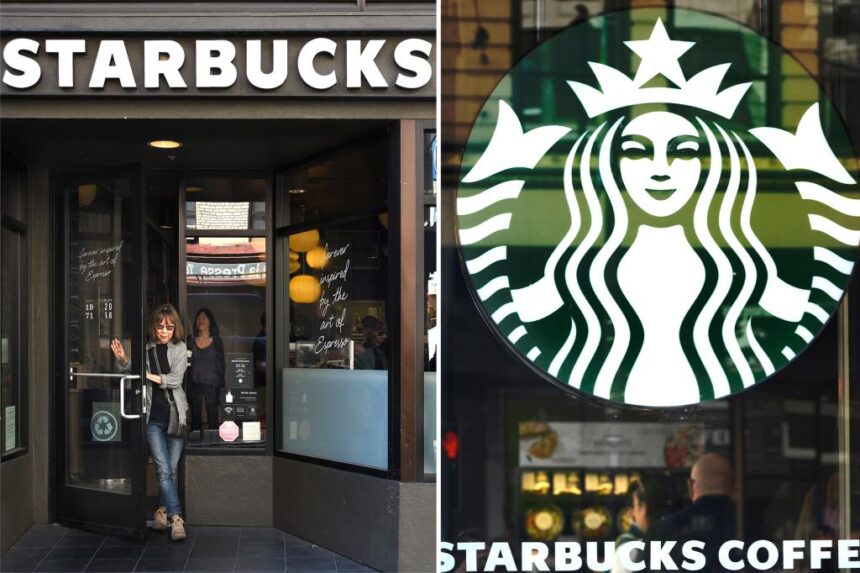Farm Workers in Brazil Accuse Starbucks of Slave-Like Conditions
A group of farm workers in Brazil have filed a lawsuit against Starbucks, claiming they were subjected to “slave-like” conditions while harvesting coffee for the global beverage giant. The lawsuit, filed by the International Rights Advocates on behalf of eight workers, alleges human trafficking, child slavery, and forced labor.
The workers reported grueling conditions, with long hours of harvesting coffee from 5 a.m. to dusk. They also mentioned a lack of training on the dangerous machinery involved in coffee harvesting, which resulted in at least two worker deaths and nine amputations. Additionally, they claimed they went 40 days without being paid, were not registered as employees, and were not given contracts.
According to court papers, the workers were required to pay for the harvesting machines and other expenses such as gas, oil, and maintenance costs, which left them trapped in debt. Those who tried to leave or report the abuses allegedly faced severe threats, including being held at gunpoint and having their papers confiscated.
The lawsuit seeks unspecified damages and a court order to prevent Starbucks from retaliating against the workers for speaking out. Terry Collingsworth, the founder of International Rights Advocates and lead attorney for the workers, stated, “Americans are paying $7 for a latte harvested by workers who can’t even leave their jobs.”
Starbucks, the largest coffee chain in the world, has denied the claims, calling them without merit. Michelle Burns, the Executive Vice President of Global Coffee & Sustainability, reaffirmed the company’s commitment to ethical sourcing and the well-being of coffee farmers and workers.
Brazil is a key player in the coffee industry, supplying nearly half of the world’s Arabica beans and being essential to Starbucks’ supply chain. The union representing Starbucks workers in the US, Starbucks Workers United, criticized the company for its alleged misconduct, stating, “this is yet another example of Starbucks saying one thing and doing another.”

As the legal battle unfolds, the outcome will shed light on the treatment of farm workers in the coffee industry and the responsibility of corporations to uphold ethical standards in their supply chains.








